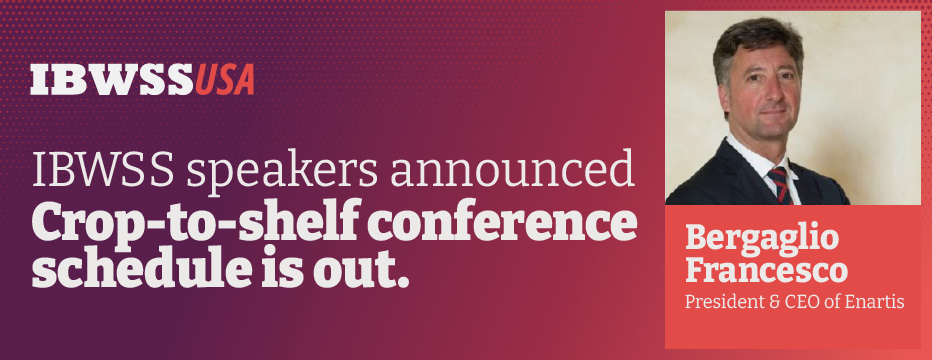Sommeliers Choice Awards 2023 Winners
Connecticut lawmakers to consider direct out-of-state wine sales
Whether legalizing machines that automatically dispense beer and wine or allowing Connecticut consumers to purchase wine from out-of-state retailers

Whether legalizing machines that automatically dispense beer and wine or allowing Connecticut consumers to purchase wine from out-of-state retailers, there are many alcohol bills still on tap for this year’s General Assembly session.
With less than two months to go until their adjournment deadline, state lawmakers also must decide whether to pass Democratic Gov. Dannel P. Malloy’s now-perennial proposal to scrap a decades-old law prohibiting retailers from selling wine and liquor below a minimum price. Ultimately, the concept could become part of a final state budget agreement.
Highlights of alcohol legislation still awaiting action:
The Finance Revenue and Bonding Committee will hear testimony Monday about whether to allow out-of-state retailers to ship wine directly to consumers. Current state law allows consumers to buy wine directly from out-of-state wineries.
Tom Wark, executive director of The National Association of Wine Retailers, said specialty wine retailers across the U.S. receive calls and emails every day from Connecticut consumers requesting specific wines. “With this bill, both Connecticut consumers and the state benefit from a more open market that remains fully regulated,” he said.
Larry Cafero, executive director of the Wine and Spirits Wholesalers of Connecticut, said the bill would overturn more than 80 years of established policy involving a three-tiered system in which the manufacturer, wholesaler/distributor, and retailer are all subject to state and federal regulation. He said the system ensures accountability.
“When you don’t have that, you have pretty much the wild, wild West,” said Cafero, who contends Connecticut’s more than 1,250 retail outlets currently offer more variety of wines than many other states.
Under the proposal, out-of-state wine retailers could ship no more than 5 gallons of wine to any individual within two months. They would also collect sales and alcohol taxes on each sale, report all sales and deliveries to the state and obtain an adult’s signature for each delivery.
Minimum Pricing
Malloy is still pushing to end Connecticut’s pricing system for wine and liquor. “Changes to Connecticut’s outdated minimum bottle laws would benefit consumers by allowing arbitrary prices to be lowered to fair market value and would, in turn, generate more revenue for the state,” said spokeswoman Meg Green.
Under Malloy’s proposal, retailers could sell wine and liquor based on the actual cost paid, not a minimum price above the wholesale cost that’s determined by the wholesalers. The Connecticut Package Stores Association and Cafero’s organization oppose the measure.
Cafero attributed the price difference between Connecticut and Massachusetts to taxes and policies that allow large retailers in Massachusetts to purchase large quantities at a discounted rate from manufacturers. “What the governor has done, whether intentionally or unintentionally, is cherry pick a unique state and a unique retailer within that state to make this one-time spot comparison,” he said. He added that Connecticut residents buy more spirits per capita than those in Massachusetts.
Read more at source: The Westerly Sun.Com







